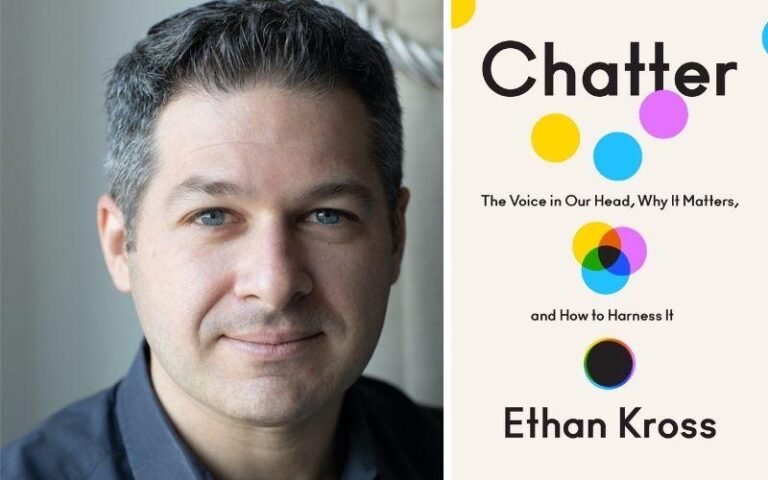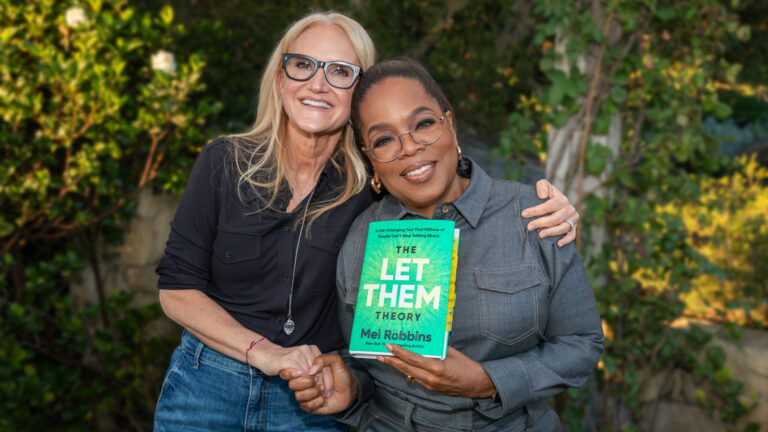Introduction:
In a world that often feels chaotic and unpredictable, the need for a framework to navigate life’s complexities is more important than ever. Jordan B. Peterson’s “12 Rules for Life: An Antidote to Chaos” offers such a framework, providing readers with a set of principles designed to bring order and meaning to their lives. This article will explore the core concepts of Peterson’s 12 Rules, their relevance to contemporary challenges, and how they can serve as a guide for personal growth.
The Need for Rules in a Chaotic World:
The book begins by addressing our complex relationship with rules. We often resist them, valuing our freedom and individuality. However, the absence of rules can lead to being enslaved by our passions. Rules can provide a structure that ultimately leads to a fuller and freer life.
Key Themes in “12 Rules for Life”:
Peterson’s rules cover a wide range of topics, but some overarching themes connect them:
- Responsibility: Several rules emphasize the importance of taking responsibility for oneself and one’s life before attempting to change the world.
- Order and Chaos: The book explores the interplay between order and chaos, suggesting that a meaningful life involves finding a balance between the two.
- Meaning: Peterson argues that pursuing what is meaningful is more important than pursuing what is expedient.
- Truth: The importance of truth and honesty is a recurring theme, with Peterson emphasizing the need to speak truthfully.
- Individual vs. Society: The book also delves into the relationship between the individual and society, exploring the importance of social responsibility and contributing to the greater good.
The 12 Rules (A Brief Overview):
While each rule is explored in depth in the book, here’s a quick overview:
- Stand up straight with your shoulders back: This rule emphasizes the importance of posture and its connection to confidence and resilience.
- Treat yourself like someone you are responsible for helping: This rule encourages self-care and taking one’s own needs seriously.
- Make friends with people who want the best for you: This rule highlights the importance of positive relationships and surrounding oneself with supportive individuals.
- Compare yourself to who you were yesterday, not to who someone else is today: This rule promotes personal growth and discourages unhealthy comparisons.
- Do not let your children do anything that makes you dislike them: This rule focuses on effective parenting and setting appropriate boundaries.
- Set your house in perfect order before you criticize the world: This rule reinforces the theme of personal responsibility before attempting to fix societal problems.
- Pursue what is meaningful (not what is expedient): This rule encourages the pursuit of deeper values and purpose.
- Tell the truth—or, at least, don’t lie: This rule emphasizes the importance of honesty and its role in building trust and integrity.
- Assume that the person you are listening to might know something you don’t: This rule promotes open-mindedness and a willingness to learn from others.
- Be precise in your speech: This rule encourages clear communication and articulating oneself effectively.
- Do not bother children when they are skateboarding: This rule advocates for allowing individuals to take risks and face challenges.
- Pet a cat when you encounter one on the street: This rule highlights the importance of finding small moments of joy and appreciating the simple things in life.
Relevance and Impact:
“12 Rules for Life” has resonated with many readers due to its practical advice and its exploration of timeless philosophical and psychological concepts. The book’s emphasis on individual responsibility, the pursuit of meaning, and the importance of order in a chaotic world offers a guide for navigating the complexities of modern life.
Conclusion:
Jordan B. Peterson’s “12 Rules for Life” provides a thought-provoking and practical guide to living a more meaningful and fulfilling life. By embracing personal responsibility, seeking meaning, and establishing order, individuals can navigate the inherent chaos of existence and create a life of purpose.








